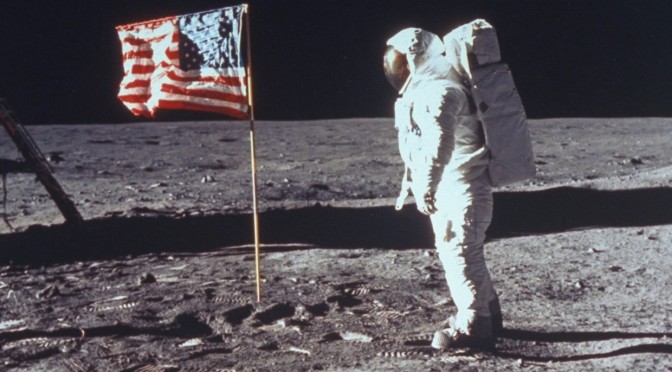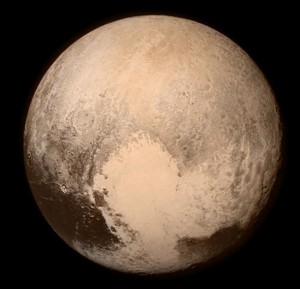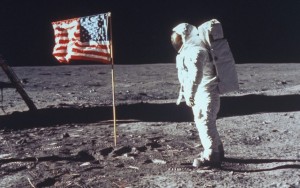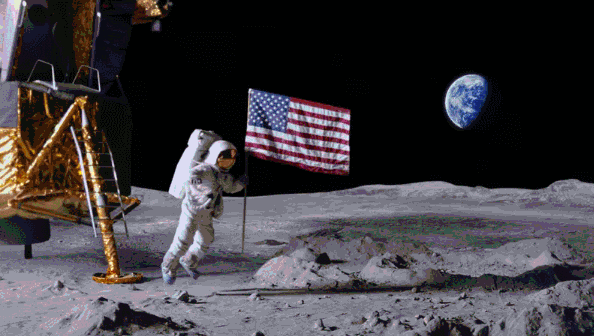My whole life I’ve been something of a nerd. I’ve been pretty honest about that on this blog. But the thing that I never quite talk about is just how much Issac Asimov impacted my life as a kid. No, not his fiction books, but his non-fiction.
You see, while everyone remembers Issac Asimov for his fictional works about robots and space, he was also quite accomplished as a non-fiction author who put together books about science. In fact, he wrote a few directed at kids and I loved the hell out of those things when I was younger. Other kids in my school would be drawn towards the likes of Goosebumps, I found myself sitting down with science books telling me about a world more fantastic than I thought could be possible – one we could touch. It was the work of Asimov and others like him that showed me things that I never thought possible. That’s what I’ll always really remember him for.
But to say I was one of the few would be an understatement. Like I said, most kids in my class were looking at the likes of Goosebumps and were a bit baffled by my interest in all things space, robots, and dinosaurs. You look at the way our society treats science and you could honestly say that was true of the whole country for a long time. But then, as the internet started to grow, something started to change. Suddenly science could become a meme and that meme would be awesome. Hell, look at this picture of Pluto and realize how many times you’ve likely seen it this week.
But while this kind of enthusiasm has been spreading, a counter-opinion has been growing as of late as well. Essentially, I’ve heard far too many people say that fans of places like “I Fucking Love Science” aren’t, in fact, fans of science – just memes. Too often I hear these people complaining about this popularity of science and science fiction as being just an internet fad. Basically, it’s the more important version of the ridiculous “fake geek” argument that always crops up.
But, you know what? If we’re ever going to get off this rock, we need that fad.
Big Ideas, Small Attention Spans
Whenever science comes up for debate, particularly in political debate, the idea is often proposed that a lot of forms of sciences are undesirable and should be cut back on. Once upon a time, in my father’s and grandfather’s time, space exploration was more than just a simple curiosity – it was a patriotic duty. We didn’t go to the moon simply because we were curious, we did it to beat the Russians to the punch and set our flag on that rock in what has to be the greatest dick measuring contest in the history of mankind.
Frankly, that was the mentality that got us where we are today. Fuel cells, solar panels, artificial limbs – all of these were heavily influenced by the work of NASA. It’s safe to say that a lot of our modern day technology has NASA in its DNA. Hell, our telecommunications system is entirely built on the research of shooting things into space and being able to talk to them across vast distances. Yet, time and time again, we often hear people say that NASA spends too much money to do things that happen to seem pointless to them.
Did we absolutely need to shoot a probe into deep space and have it do a flyby of Pluto to get some really badass pictures and readings? No, not really. Does the world benefit from the fact they did it? Hell yes.
But that’s the thing, too often we spend our time talking about whether or not we can see the benefit of a project now. NASA’s budget is a tiny fraction of the overall US federal budget. Yet, all too often, you find people who would swear that it’s a waste of money that will never produce anything of value. Just one look at the number of spinoffs of NASA technology would tell you that’s completely false. But not nearly enough people take the time to look into that.
So that brings it back to the idea of whether or not fans of a place like “IFL Science” are a positive force. The fact of the matter is, we need that enthusiasm, we always have. Back in the days when we shot people at the moon on tubes full of rocket fuel, we were doing something for the good of the country because we all, as a people, believed that this was the way to go. We dreamed of moon colonies and of beating our geopolitical enemy to being the first to do something. We saw an opportunity to make a petty show of the most profound accomplishment in human history and we took it.
But then, one day, it stopped being popular. We stopped giving a shit about going to the moon and about what else might lie beyond. We stopped watching as people did something that no other humans had done in the past. By the time Apollo 13 rolled around, people had lost so much interest that it wasn’t even necessarily news until something went wrong. To this day, people forget there was an 18th Apollo mission and that it did a mundane but somewhat historic mission in linking up with a Soyuz capsule in space (remember, during the cold war, this was one of the few times the two countries cooperated at all).
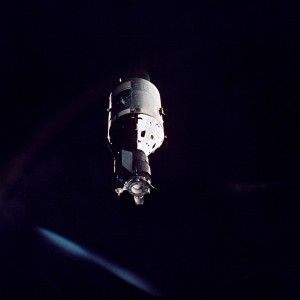
And the thing is, people often ask why we don’t go back to the moon, some today even doubt we did it because… why would you stop? But the reasons are all too clear – the people stopped caring and the military saw no reason to establish a lunar colony. That last part was the final nail in the coffin, because the lunar colony was being considered as a means of setting up a weapons platform there in case Moscow got any bright ideas. When it turned out that wasn’t practical or necessary, the military lost interest too.
Fast forward to today and suddenly, for the first time in my lifetime, people are excited about space again. Maybe they don’t always understand it, maybe they boil it down to only the most trivial of aspects, and maybe they care too much about the wrong things – but they still care. Not long ago I wrote a post myself about how we needed to stop worrying so much about nostalgia in the face of actual progress. That was mostly to the point of “come on guys, we don’t need to feed Nike easy money for self lacing shoes”. But I realize now that some could have seen it as discouraging the excitement. The fact is, that couldn’t be further from the truth for me.
As a sci-fi writer, even a soft sci-fi writer who has spent more time in sci-fantasy in the last couple years, I think it’s our job to try to make sure that people stay excited about the future. I think that people who spend their time worrying about whether or not someone really “Fucking Loves Science” are missing the greater point. It was a time, not long ago, when I sat around as the only kid reading those books about science from Asimov. All the while, as the people around me didn’t care, we let science get beaten down in the court of public opinion.

There are so many science deniers in power right now that it’s hard to imagine they’re reading the same information the rest of us are. And those people are going to continue having power for some time, because our falling out with the glory of science went a bit too long for my taste. But now, as people get hyped about the fact Pluto has a heart (now named Tombaugh Regio) on it? I see some promise to our future again. I see a lot of people really happy about something trivial (the heart) and not that many talking about whether or not it was worth it. I see people appreciating that some incredibly smart people managed to pinpoint a dwarf planet 9 years ago with a rocket.
And, for the first time in years, I think the jury of public opinion is starting to swing back in the direction of logic, reason, and science…
And I can’t be against that.
(I write novels. Someday, I’ll finish up my sci-fantasy work and get into harder sci-fi, but that’s another dream for the future. Sorry for the post being shorter and later than usual, but I’m also a little under the weather. You can chew me out or cheer me on at twitter.)


